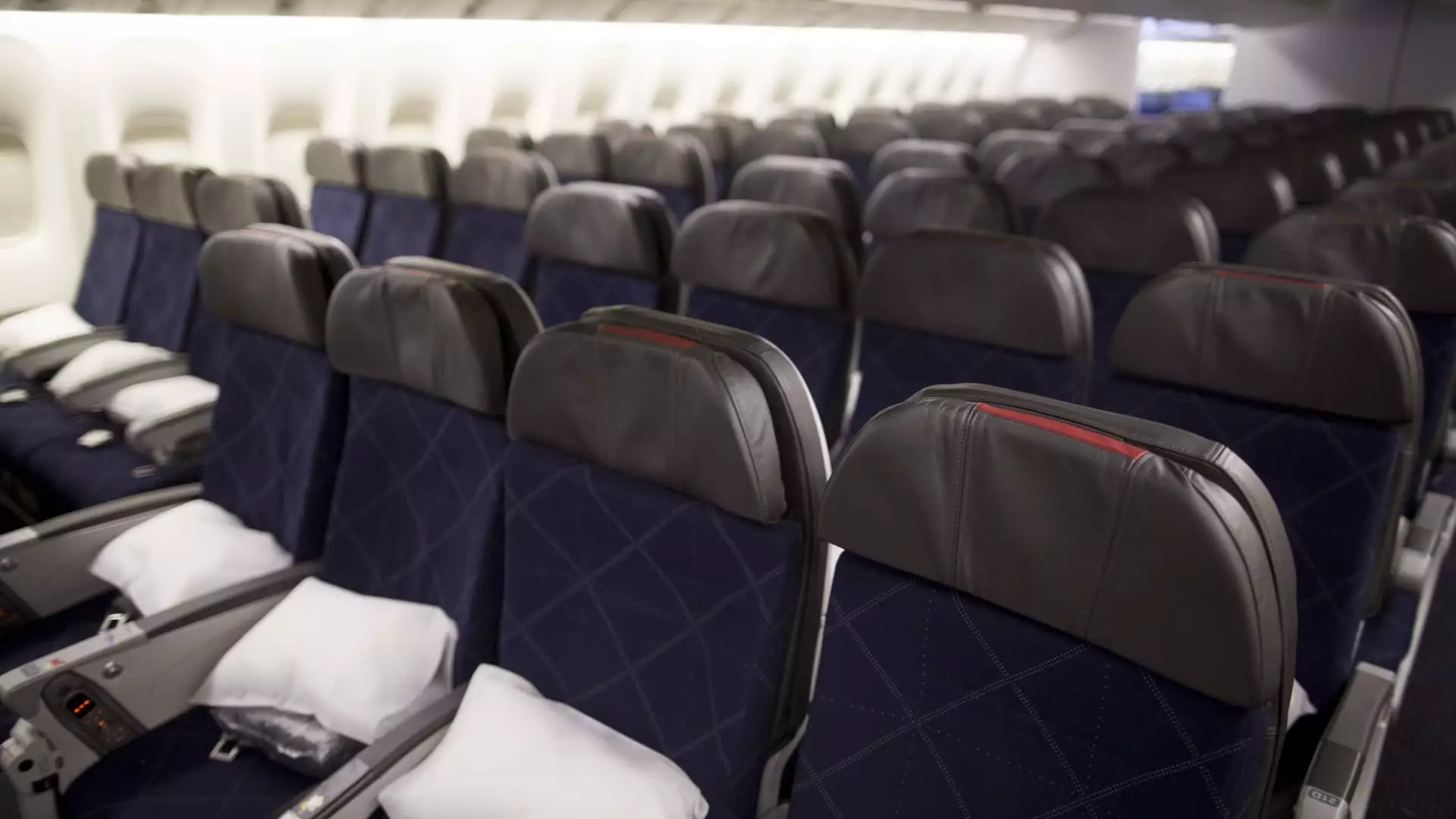The debate surrounding airline seating fees has reached a critical juncture as executives from major U.S. airlines prepare to testify before a Senate panel. The Subcommittee on Investigations has been vocal in its stance, labeling these fees as “junk” charges. A recent report highlighted that major airlines such as American Airlines, Delta, United, Spirit, and Frontier amassed an astonishing $12.4 billion in seating fees from 2018 to 2023. This figure raises questions about the fairness and transparency of such practices, particularly when considering the current economic pressures faced by consumers.
The Nature of Seating Fees
Seating fees primarily apply to desirable locations within the cabin—those offering additional legroom or positioned near the front of the airplane. These extra charges can be viewed as a tactic to maximize revenue under the guise of customer choice. Industry leaders argue that these fees are voluntary, a point underscored by Stephen Johnson, American Airlines’ chief strategy officer. He suggested that for customers who prioritize seating arrangements, paying extra is merely an option. This statement invites scrutiny, as it raises the question of how many passengers feel compelled to pay these fees given the impact on the overall travel experience.
Government Scrutiny and Potential Reforms
As consumer advocacy grows, government officials, including those within the Biden administration, are ramping up calls for reform. Airlines, once considered untouchable giants, are now facing the prospect of regulations that may significantly alter their fee structures. With consumers increasingly frustrated over various add-on costs, lawmakers are inclined to take action. The Senate panel’s focus on the airline industry’s revenue strategies signifies a pivotal moment, one that may prompt airlines to reevaluate their pricing models and customer relations.
In response to this criticism, executives assert that they are offering a wide array of options to consumers, essentially catering to varying preferences and price points within the economy sector. The emergence of disrupters like Spirit and Frontier, which introduced the fee-based model, has compelled legacy carriers to adapt by introducing their basic economy offerings. This has created a landscape where choosing an airline can often feel like an exercise in deciphering a complex pricing puzzle.
Furthermore, these discussions come at a time of instability within the airline industry, as evidenced by Spirit Airlines’ recent decision to file for Chapter 11 bankruptcy. This event underscores the challenges faced by even the most established players in a rapidly changing market driven by consumer demand and competition.
As the hearing unfolds, one logical outcome could be a push for enhanced transparency in how fees are communicated and imposed upon consumers. There is an opportunity for the airline industry to take a proactive stance by reassessing its pricing structures. In a world where consumer trust is waning, demonstrating a commitment to fair pricing could yield both reputational and financial benefits in the long run.
As airlines prepare to defend their fee structures, critical questions about consumer rights, pricing transparency, and industry ethics remain at the forefront. The outcome of these discussions may not only reshape the way airlines conduct their business but also influence broader conversations about fair trading practices across various sectors.


Leave a Reply